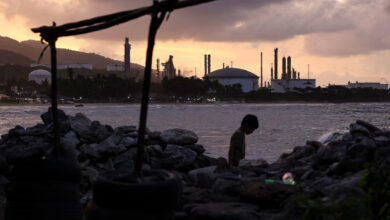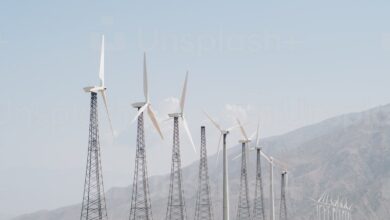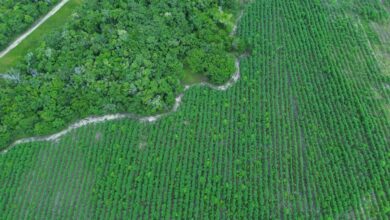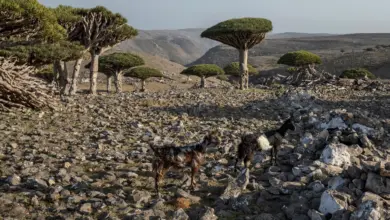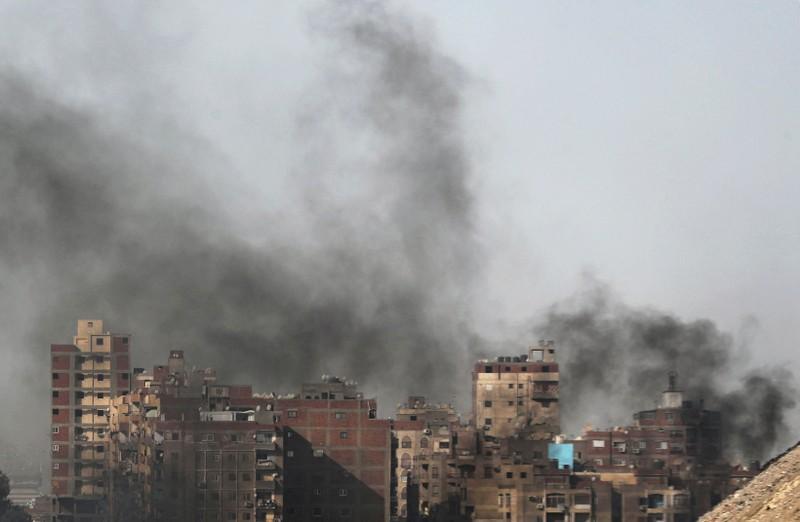
An Egyptian government program to pay traders to buy rice straw from farmers at the end of harvest has helped to combat one of Cairo’s ugliest features – a huge black cloud that hangs over the capital during the burning season.
Cairo is the world’s second most polluted mega-city, the World Health Organization says, and the government is pursuing several initiatives to cut back greenhouse gas emissions.
One of the biggest contributors to the thick layer of smog has been the annual burning of rice straw by farmers who have no other means to dispose of it.
To tackle the problem, the government offered an incentive to traders to buy the straw from farmers amounting to 50 Egyptian pounds ($3) per ton, said Mohamed Salah, head of the Egyptian Environmental Affairs Agency (EEAA). They can then sell it as animal feed or for other uses.
The program appears to be bearing results.
“Today, the dark cloud season is over and all citizens in Egypt are saying that they have not sensed any significant problem relating to this, unlike what had happened in previous years,” Salah said.
An industrial boom in Egypt has also contributed to pollution, Salah said.
“We have some small industries that are deregulated and are not in line with environmental standards. We have worked hard on these,” he said.
The World Health Organization is holding its first global air pollution conference in Geneva this week.

